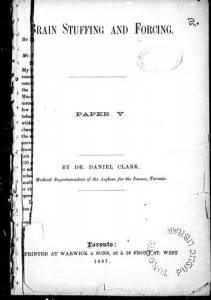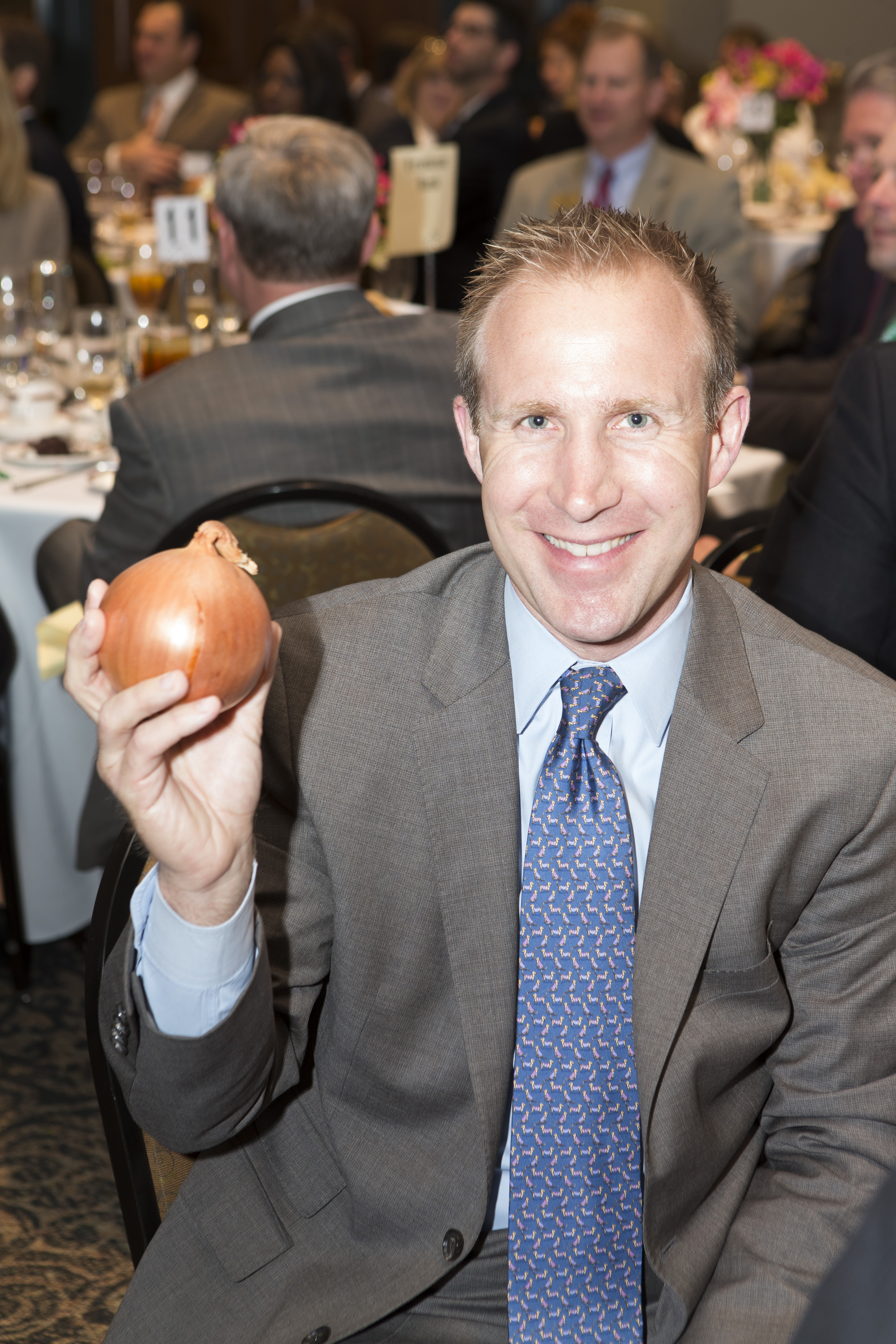 You can’t stuff knowledge into a full brain! Sometimes we have to let go of something to learn something new. Consider a beaker of water, full to the brim. Now try to put some more water in it. Doesn’t work, does it? Just falls over the edges onto the table. So it is when we try to impart our wisdom to others. Is it possible to get others to drain a little “knowledge” so they can learn something more? I believe it is.
You can’t stuff knowledge into a full brain! Sometimes we have to let go of something to learn something new. Consider a beaker of water, full to the brim. Now try to put some more water in it. Doesn’t work, does it? Just falls over the edges onto the table. So it is when we try to impart our wisdom to others. Is it possible to get others to drain a little “knowledge” so they can learn something more? I believe it is.
I’m sure you don’t remember, but there was a time when you just knew the only source of food was a bottle or your mother’s breast. That was it. No other sustenance available. Then some grown-up started shoving spoonfuls of other stuff in your face. “Not food,” your brain told you. And your beaker overflowed while you repeatedly rejected the solid food. Even if it got in your mouth, chances are it came right back out. (Ask Grandpa here how he knows that!)
Well, when we’re asked to do something a different way than we’re accustomed to, the same dynamic is in play. Especially if someone is trying to shove something down our throats, or delivering information from his or her K/J.
Our history, lessons in life, perhaps even formal training have armed us with the “right” way to do things. On this subject, our beakers are full. Toilet paper comes off the top of the roll, right?
Then along comes the boss (or the mom, or the leader, or the coach) who tries to put more knowledge in there. “Toilet paper always comes off the bottom of the roll.” Blasphemy! And the battle is on.
Now, in a management or leadership setting, this battle may not appear to be open combat. If you’re the instructor, you may not even get a hint that there is a battle. Your student may smile and nod approvingly. The next day, you wonder why your directive wasn’t followed. Because the beaker was full! Your wisdom didn’t get in
Understand that new wisdom doesn’t even have to differ very much from old. “We take five pieces of toilet paper off the top of the roll” versus “We take four pieces of toilet paper off the top of the roll.” The beaker is still full and there will likely be resistance to getting anything else in there. I’m sure you’ve seen this.
While rallying two weekends ago, I overheard two mechanics going at it over whether the torque specs for a Subaru lug nut were 80 ft/lbs or 78 ft/lbs. Two K/Js spent five minutes of a 15-minute pit stop debating this. Silly. But it makes my point. We all have full beakers. And for each of us, our beaker is ours and we aim to protect it.
So how do we lead when managing a change in behavior, SOPs, or processes that are required for success? How do we get someone to want to do it (à la Ike)?
When we’re in the position to lead or teach, it would serve us well to remember that our student will most likely have to let something go to learn something new. And he doesn’t want to do that, so wanting to change seems a difficult task.
The point at which the student decides he wants to remove some knowledge from his beaker to let new knowledge in is when he sees he benefits from it.
We may even start the conversation with that acknowledgment. “I know you’ve been taught that toilet paper is supposed to come off the top of the roll. I’ve been taught the same thing.”
Then share the data he’s missing that allows for the introduction of the less-than-ideal conclusion. “I recently learned that the surface of the paper exposed by rolling toilet paper off the bottom is softer and ooooohhhhh…does that feel good!”
In the management teaching opportunity, it might sound like “I know you were taught that at corporate training. I was too. But since I got here they’ve changed the software, and it doesn’t require all that input. You’ll get done a lot faster and the reports will be just as accurate.”
The “I’ve been taught that too” and “I was too” phrases are important here. Using them allows the student to keep the lid off his beaker. There’s an immediate empathy and sense of non-threat to his knowledge base.
Then the new data is at least noticed. Without that, no learning can take place. I can’t guarantee the student will dump out some of whatever is in his beaker and put your data in. But I can pretty much guarantee that, if you just tell the student what he needs to know, your chance of success plummets.
And while you’re at it, why not just empty your beaker a little? Let in more wisdom. Your “rights” aren’t all accurate either!


